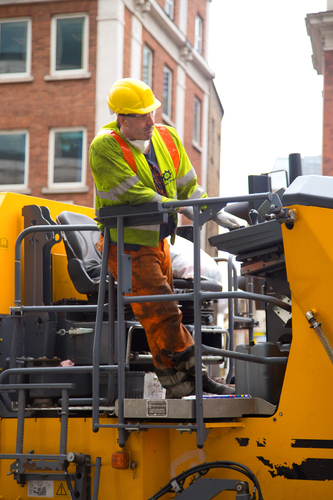 Dust collectors are systems used to maintain the air quality of plants and other facilities. They help keep machinery and equipment clean, recirculate the clean air, and recover dusts that need to be kept after processes are complete. To properly operate these systems, permits must be acquired and the systems must be certified.
Dust collectors are systems used to maintain the air quality of plants and other facilities. They help keep machinery and equipment clean, recirculate the clean air, and recover dusts that need to be kept after processes are complete. To properly operate these systems, permits must be acquired and the systems must be certified.
Dust collection system designs can be customized to suit a facility’s needs. They can collect the waste to be reused or recycled, extract residue for clear air, control air quality, provide safety aid, and make air waste disposal easier. All of these functions are essential for facility health and safety standards.
Not only is indoor air contaminated by particles dangerous, but the EPA requires that outdoor exhaust be in compliance with specific safety standards. The process to test and acquire permits can be lengthy and tedious. If the air is not channeled outside, then the company must adhere to OSHA standards, which are focused on indoor air quality.
Whatever the systems used or the type of particles your system filters, plant owners and engineers need to know the details of safety and operations in order to ensure inspections are passed, and systems are certified. They must test and monitor the filter, emissions, maintain the system to prevent incidents, and continue to meet required standards. They must also understand how recirculation and return air configuration processes function. All this requires a solid understanding of the dust collection system and its filtration control, particularly fire, explosions, and other safety hazards, as explosions are a very serious risk.
At BEP Engineering Services, we can help you get your system certified for dust collection and air quality control. We can also help you prepare help you get the permits you need to continue your work without hindrances. Just contact us with your needs and let us help you with your facility’s dust collection certification.




